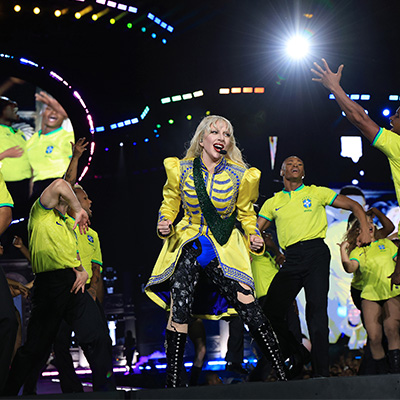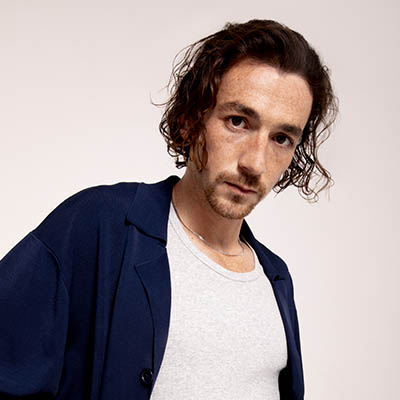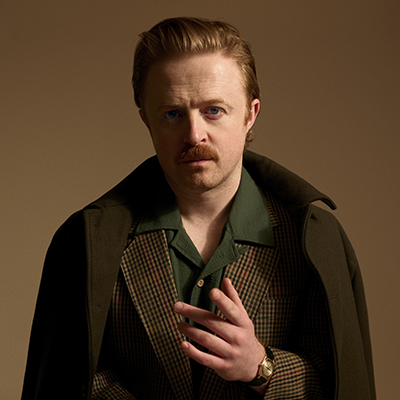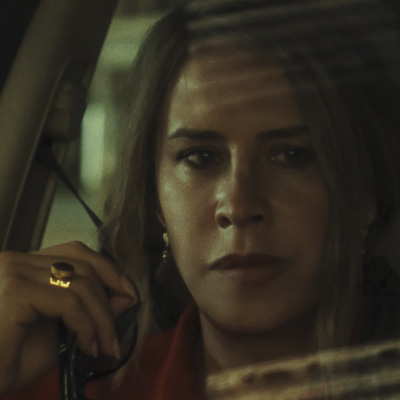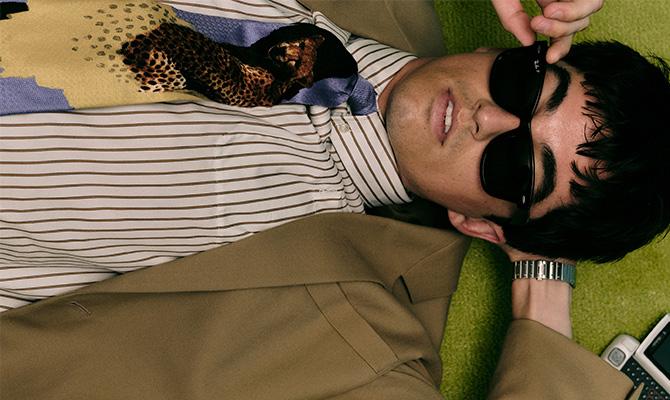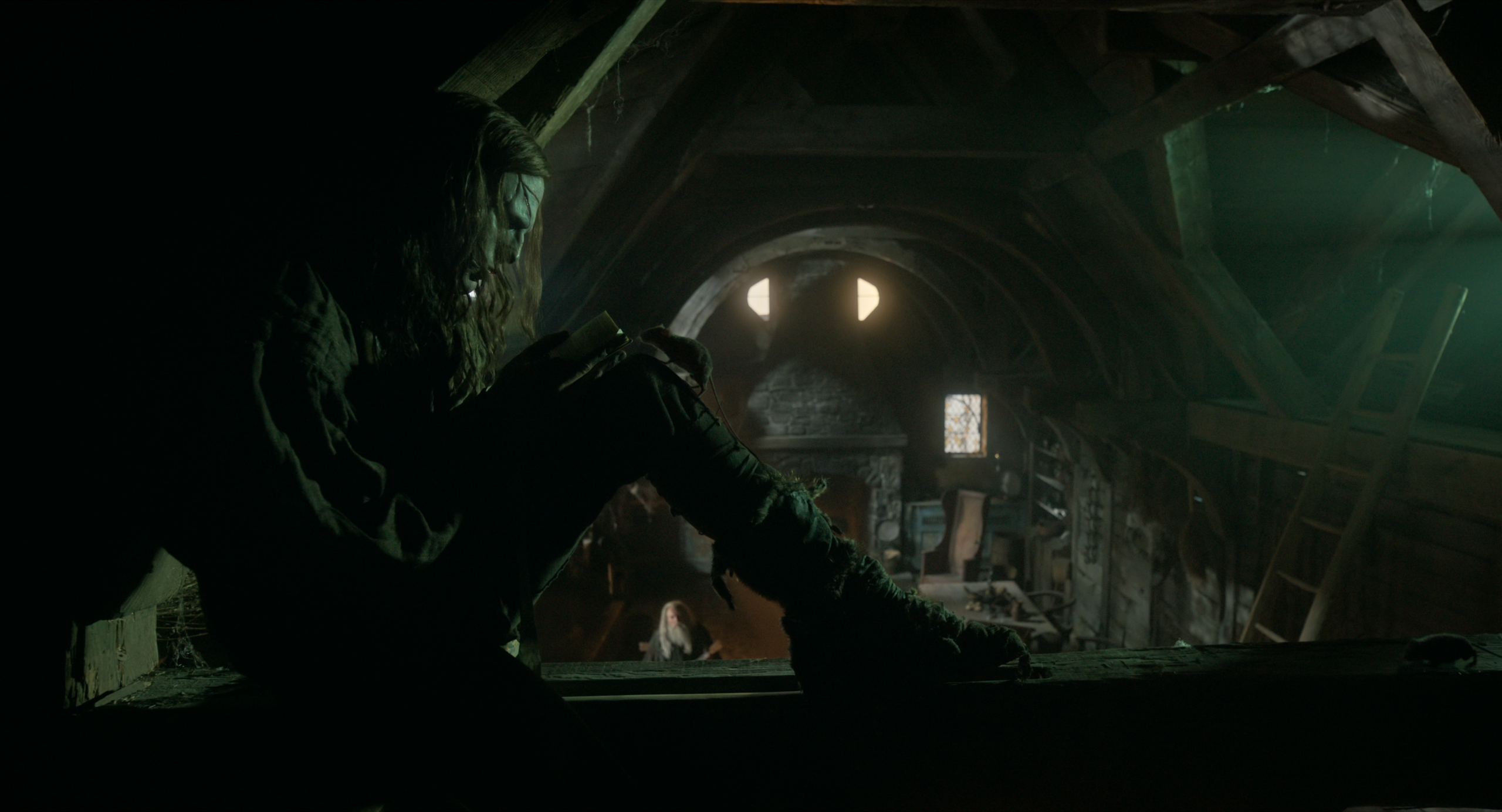Unveiling the Layers of Performance: Joel Harper-Jackson on “Standing At The Sky’s Edge”
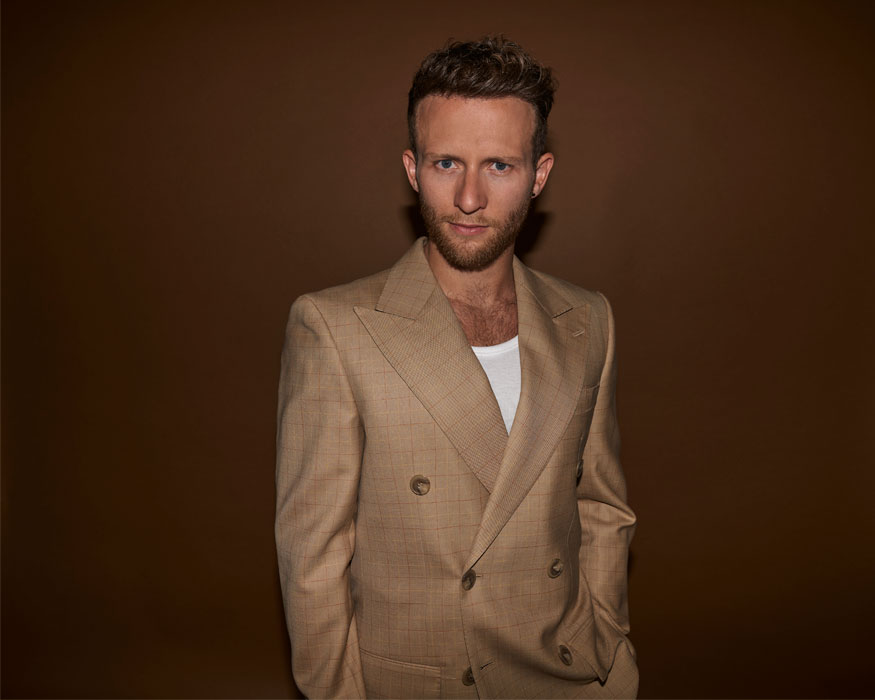
Photography @josephsinclair
In a candid conversation with our features editor Sofia Deus, Joel Harper-Jackson sheds light on his transformative role as Harry in the compelling production of “Standing At The Sky’s Edge.” Harper-Jackson, renowned for his versatility and depth as an actor, delves into the intricacies of portraying a multifaceted character like Harry, whose journey traverses through love, loss, and the harsh realities of Thatcher Britain.
As he prepares to take audiences on a poignant journey through time, Harper-Jackson shares his insights into the emotional depths of his character, the resonance of universal themes, and the profound impact of Richard Hawley’s music. From the challenges of embodying different eras to the profound connection forged with the vibrant city of Sheffield, Harper-Jackson unveils the layers of performance that elevate “Standing At The Sky’s Edge” into a theatrical masterpiece.
Lewis – Can you share with us what drew you to the role in “Standing At The Sky’s Edge” and how you prepared for such a multifaceted character?
JHJ – I hadn’t played a character like Harry before, and it’s always been my ambition as an actor to be as versatile and chameleon as possible. To play a character that requires me to transform, learn something new and have a completely different essence from my own is what I find most compelling. I also think it makes for an exciting and varied career that keeps people guessing and wanting to see what you do next. So that was the big appeal for me. I’d heard about this new northern musical which was taking the country by storm and had the working-class right at the centre of its story and knew it was something I wanted to be a part of. Harry is a wonderful character to play because he has such a huge emotional arc. However, it’s also a challenging role. Alcoholism, separation and depression are themes close very to home and my family is very working class. So, to tell that story night after night can be quite emotionally taxing. I prepared for this role, probably more than I have for any other before. I wanted to understand firsthand from those that lived through Thatcher Britain, the personal impact on workers at that time. I also wanted to understand how men at that time dealt with their feelings and the stress and pressure that they were under. It was a different time and mental health was very much a taboo at that time with minimal support available.
Lewis – “Standing At The Sky’s Edge” intricately weaves together three timelines. How did you approach portraying the different eras and the unique challenges each character faces within them?
JHJ – The audience witnesses Harry age by 24 years in the production. Towards the end of Harry’s timeline, he’s at his absolute lowest. As the show went on, I tried to make him heavier, slowing his movements, lowering his voice and speech. But the wigs, make up and costume department have done an excellent job on this show and really helped Harry’s transformation.
Lewis – The play explores universal themes such as love, loss, and survival. How do you think these themes resonate with audiences today, especially considering the current socio-political climate?
JHJ – Loving, losing and surviving are just part of being human. Love and loss are something that all of us will experience in our lifetime in some capacity. You only need to turn on the news to see that we are all doing our best to keep our heads above water every day. The themes in the show still resonate today- they may be packaged differently but fundamentally the same struggles exist now as they did then. I think the West End has been crying out for a musical an honest and unfiltered as this.
Lewis – As someone who has portrayed various characters across different productions, what sets your role in “Standing At The Sky’s Edge” apart, and what do you find most compelling about it?
JHJ – This role is the most political role I’ve played. And not in respect of his political activism in the play. But because Harry as a character stands for a large number of people and particularly men who were left behind by the government. It was a horrific period for the working class of that time and those events scarred a generation and in turn continued to affect the next several generations that came afterwards. That is something as an actor I haven’t had the privilege of playing until now.

Lewis – Richard Hawley’s music plays a significant role in the production. How did the music influence your performance, and what was it like working with such iconic songs?
JHJ – Richard Hawley is Sheffield through and through. There are many fabled tales of the city in his music. Stories of Park Hill, the people who lived there and the heart of Sheffield are weaved throughout his music and lyrics. So, although the music wasn’t written for the play, in my opinion having Richard’s songs be the voice of this piece was a genius idea. Vocally I think less is more with Richard’s songs. Although there are moments in the show which are very vocally impressive, his lyrics alone do all the work. And the simpler they are presented the more impactful they are.
Lewis – “Standing At The Sky’s Edge” delves into the history of modern Britain through the lens of a landmark housing estate. How do you think the play contributes to conversations about community and belonging in contemporary society?
JHJ – The show portrays a community that has developed over 60 years. More than anything, the audience will be able to relate to many of the characters in the show. Despite the period that each character’s story plays out, they face the same struggles, love and losses that are relatable to a modern audience today.
Lewis – Could you share any memorable moments or challenges you have encountered during the rehearsal process or while bringing this production to life on stage?
JHJ – Our producers organized a sort of school trip which took the cast to Sheffield to Visit the park Hill estate. We met past residents, viewed the newly renovated apartments (which were beautiful) and saw the old block which hadn’t yet been renovated. The trip started joyful, we took in the city’s sites, sampled Sheffield’s wonderful hospitality and tasted the famous Henderson’s relish. Then as we were viewing the derelict pub below the flats of park hill and past residents told us tales of the riots, suddenly, the weight of this story hit me like a ton of bricks. This wasn’t make believe, these are real people’s lives and it’s now our responsibility to tell their story with truth, sensitivity and integrity. Before I go on stage each night, I remind myself of that day.
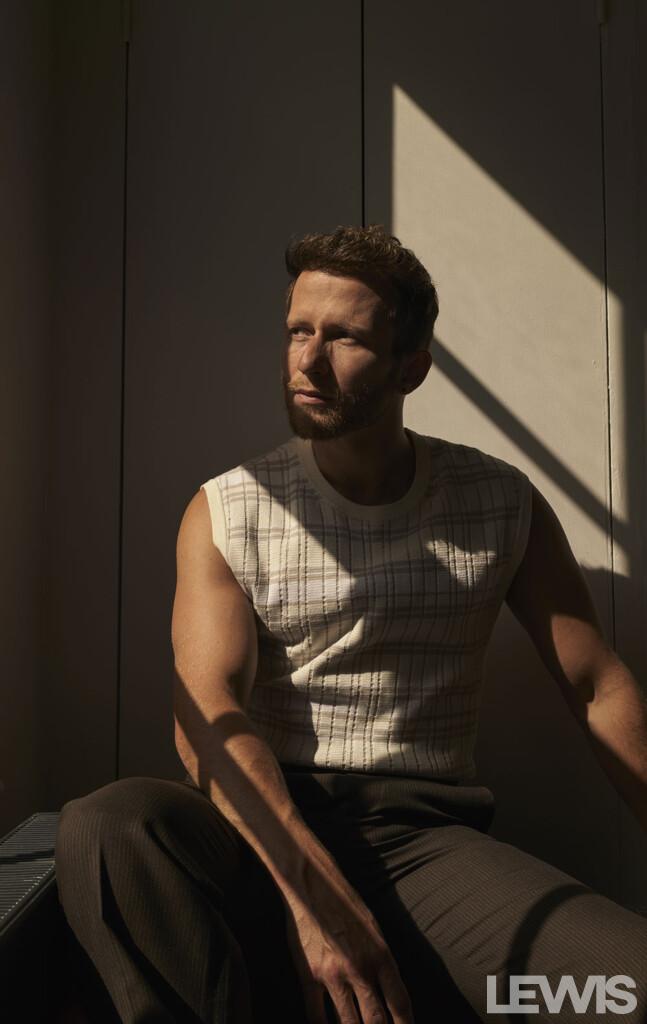
Lewis – The play originally started as a love letter to Sheffield. How do you think the setting influences the storytelling, and what do you hope audiences take away from the portrayal of this vibrant city?
JHJ – What’s interesting is the development of the estate, which leads to characters of varying socio-economic backgrounds passing through the story. Sheffield, like many working-class industrial cities, has developed over the years into a multi-cultural and diverse city that offers the most incredible opportunities and experiences to its residents and visitors- particularly in the arts! The city is a real trailblazer in bringing working class stories like Everybody’s Talking About Jamie, The Full Monty and now Standing at the Skies Edge to a wider audience.
Lewis – “Standing At The Sky’s Edge” features a blend of humour, beauty, and heart-wrenching moments. How do you balance these different tones as an actor, and what do you think, adds to the overall impact of the production?
JHJ – With a story as heartbreaking as this, I believe it’s imperative that when we do get the opportunity to show the humour of these characters, we make the most of it. And in someways it makes it all the more tragic. Credit must go to Chris Bush, our fantastic writer who has marvelously peppered a serious story with much needed comedic relief. The cast and I have taken this story and these characters into our hearts. They are fully rounded, relatable multidimensional people and because of that we’re very protective of them and this story. As actors, what more could we ask for?
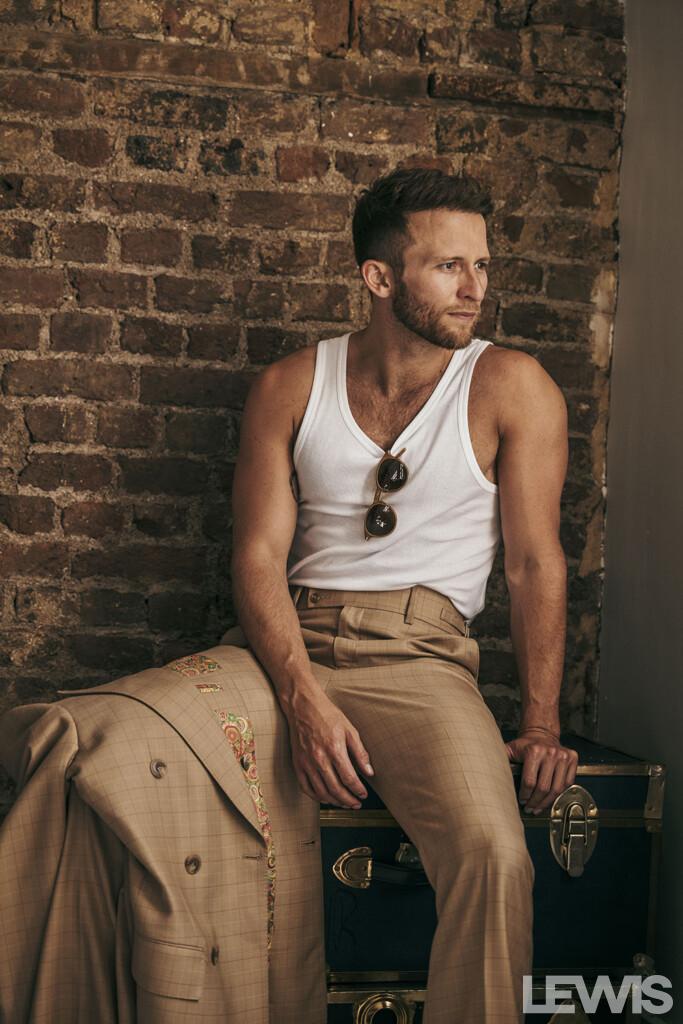
Photography @josephsinclair
Styling @jamesyardley
Words @sofiadeus







